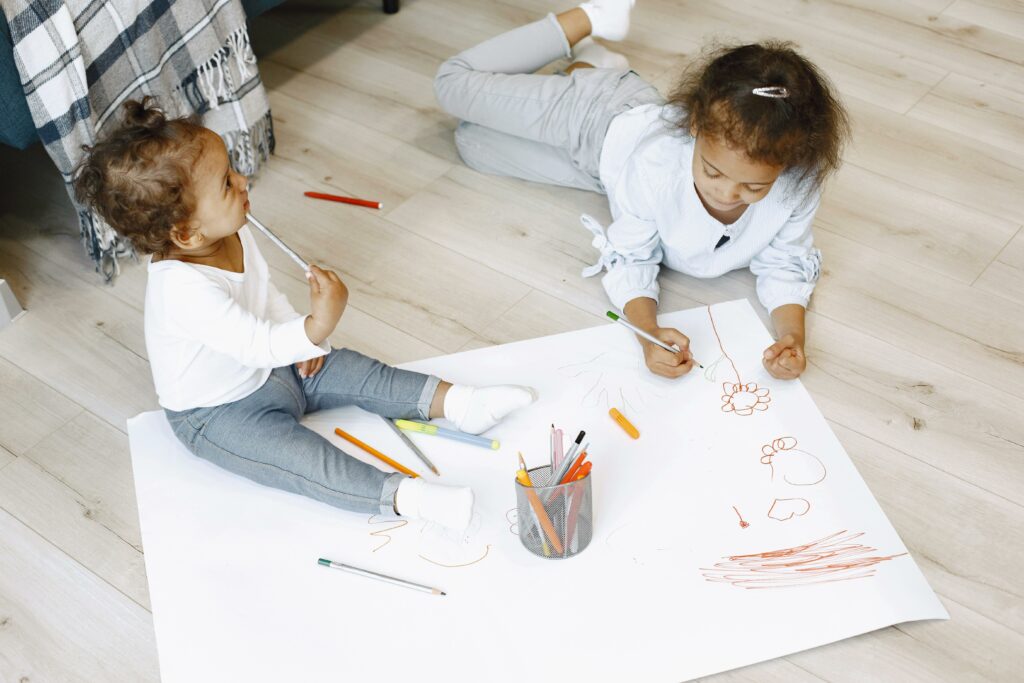
AI Summary: This blog provides practical ways to support siblings of children undergoing ABA therapy, focusing on communication, empathy, and balanced attention within the family.
ABA therapy often centers around the child receiving treatment, but their siblings are also deeply impacted. These brothers and sisters may experience a mix of emotions—confusion, jealousy, or even guilt. Supporting siblings ensures a healthier family dynamic and helps every child feel seen and valued.
This blog explores practical ways to support siblings when one child is undergoing ABA therapy. Whether you’re in Atlanta, Georgia or elsewhere, these insights are designed to help you foster balance and understanding at home.
Children whose siblings are in ABA therapy often:
Feel left out due to the extra attention their sibling receives.
Don’t fully understand the purpose of therapy.
Experience added stress or pressure to “be the easy one.”
Have questions but no clear answers.
Without support, these feelings can create tension or resentment. It’s important to include siblings in the family journey in a developmentally appropriate way.
Explain what ABA therapy is and why their sibling needs it. Use age-appropriate language, and be honest without overwhelming them.
Example:
“Your brother is learning new ways to talk and play with help from his therapist. It doesn’t mean he’s more important—it just means he needs some extra help right now.”
Make time for individual moments with each child. Even 15 minutes of undivided attention can go a long way in making siblings feel valued.
When appropriate, involve siblings in certain ABA therapy activities. They can participate in reinforcing positive behaviors or simply play alongside their sibling during structured tasks.
Help siblings recognize their brother or sister’s strengths as well as challenges. This builds empathy and reduces frustration.
Encourage open discussions about how siblings are feeling. Validate their emotions and provide reassurance.
Make sure that all children have their successes celebrated, not just the one receiving therapy. Equal recognition fosters confidence and fairness.
Some siblings may benefit from counseling or support groups designed for children with neurodivergent siblings. Watch for signs like:
Withdrawal or excessive acting out
Academic struggles
Reluctance to talk about their sibling
A therapist or family counselor can help process complex emotions and provide tools for communication.
Supporting siblings of children in ABA therapy is just as important as the therapy itself. By nurturing all your children emotionally, you’re laying a foundation of empathy, resilience, and mutual respect.
Families in Atlanta, Georgia, can explore local resources such as sibling support groups, family therapy services, and inclusive recreational programs. A balanced, supported family benefits everyone.